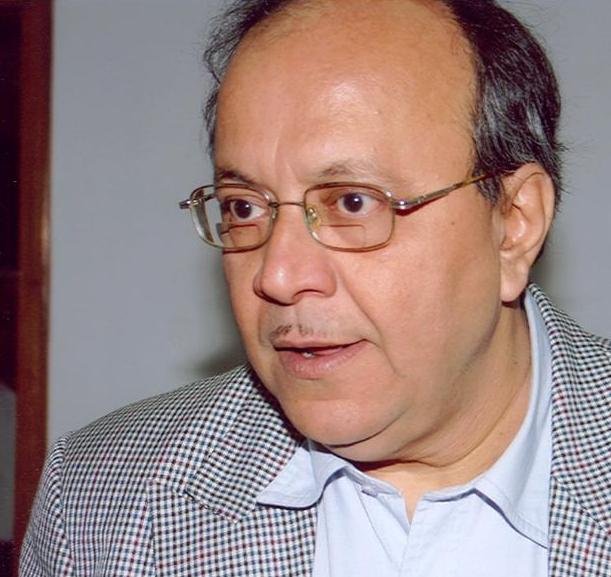Traditional medicine must get its dues, says Dr Brahmachari
January 23, 2015 | Friday | News | By Rahul Koul Koul
Traditional medicine must gets its due, says Dr Brahmachari
Scientists sometimes need to take risks despite adverse opinions says Dr Samir Brahmachari, ex-DG, CSIR (Pic credits: CSIR)
Dr Samir Brahmachari feels that despite adverse opinions at times, one has to take the risk and be persistent with the ideas to gain experience. He was refering to the cricism of ayurveda and its dismissal as a science most of the times. Speaking to BioSpectrum's Rahul Koul on the sidelines of an event, he mentioned,"It is important to remember that 1.3 billion population of India cannot be treated by the modern medicine when 65 percent of them are still dependent on traditional medicine in one way or the other. So, why not use this to identify the genetic connection of fruits/foods suitable for the disease phenotypes."
The core focus, Dr Brahmachari says should be on the affordability and creation of flipcart like mechanism where the delivery of customized medicine is possible through telemedicine facilities.
Dr Brahmachari is known for coining the word, "Ayurgenomics" in India and brain behind the TRISUTRA (Translational Research and Innovative Science Through Ayurveda), a unit of the Council for Scientific and Industrial Research (CSIR) functional at its Institute of Genomics & Integrative Biology (IGIB), New Delhi.
While it was conceptualized long back in 2002 by Dr Brahmachari, the recognition for him and his team came as late as in 2008 when a landmark study, the first of its kind in the world, revealed that it is possible to identify groups within normal individuals of the populations, which could be predisposed to certain kind of diseases, and also might respond differently to drugs. This is also when the word 'Ayurgenomics' was coined by the authors of the study. Based on one of the leads from gene expression differences, a genetic marker associated with high altitude adaptation and a high altitude illness, EGLN1 was identified. The study thus provided a novel molecular framework for integration of two contrasting disciplines.
Elaborating further on this, the former DG of CSIR in a higly enthusiastic tone, mentioned, "When we imagined this project back in 2001, our knowledge was zero. But we realized that the genomic research is moving towards predictive personalized medicine. Therefore, we thought ahead of times and established a network of scientists to explore the existing traditional knowledge ignored so far. The principle we are using is very similar to the sub-group classification employed 4000 years back in Ayurveda."









